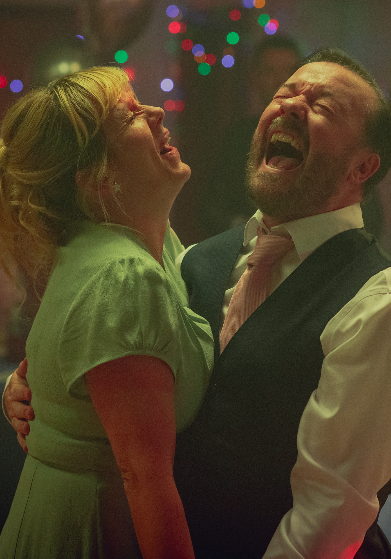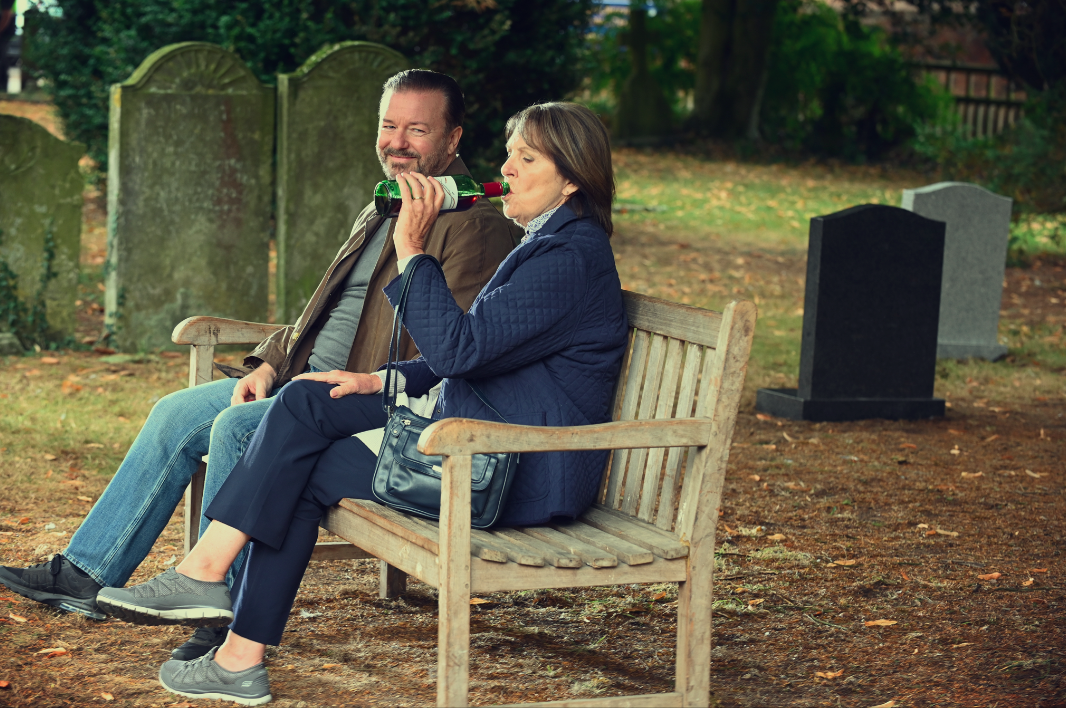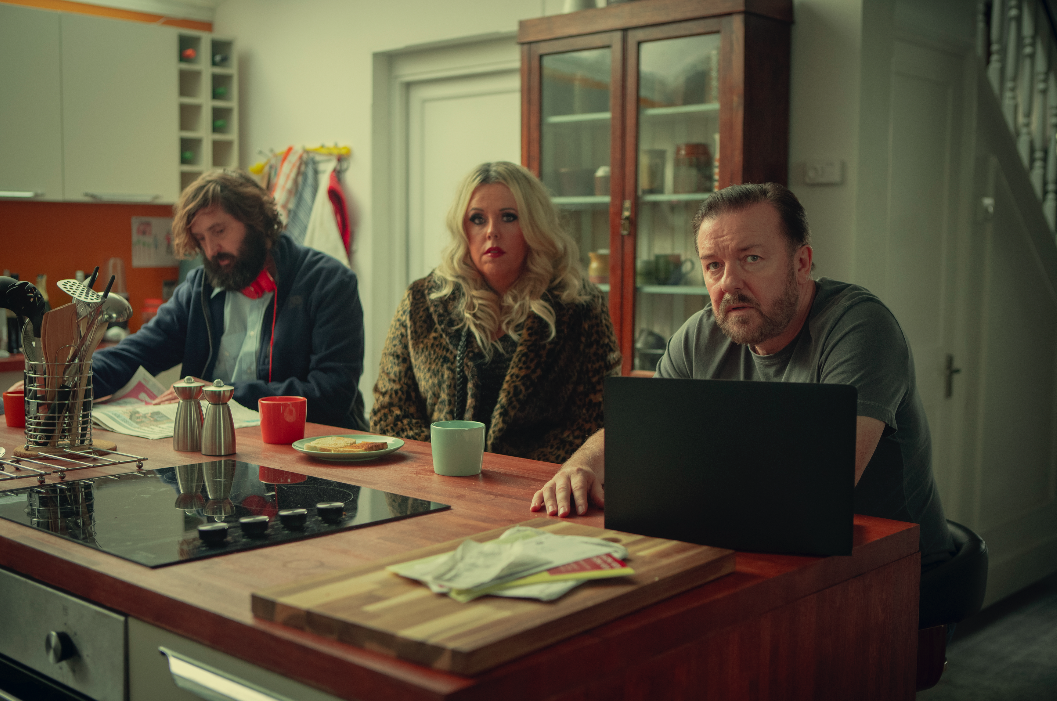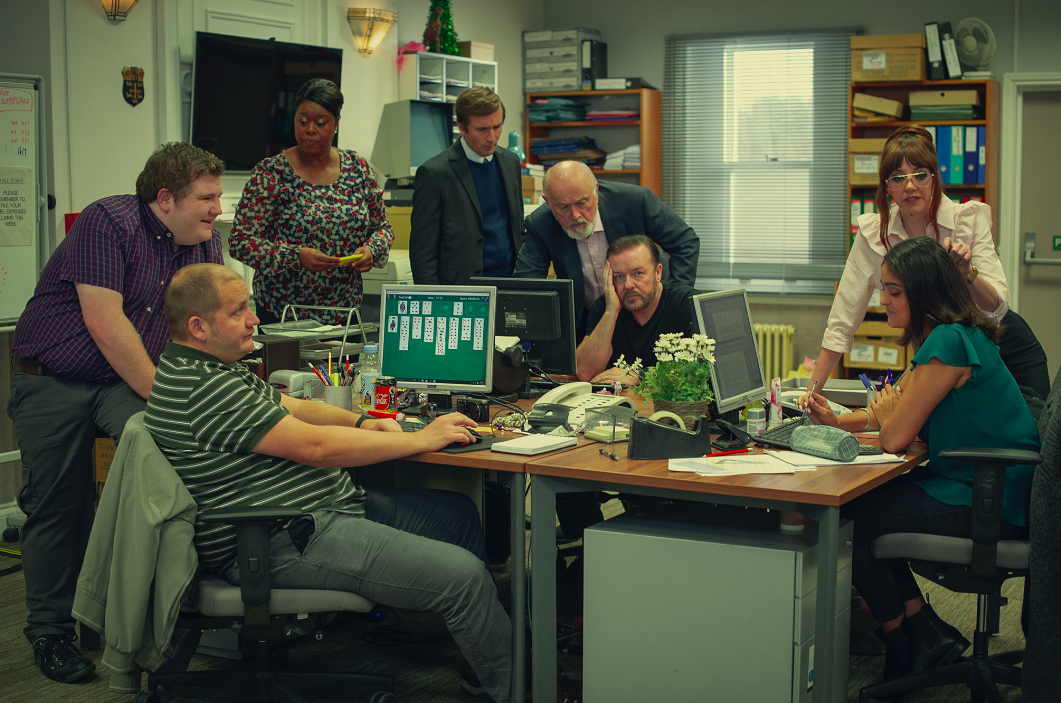Andy Burrows explains how he added his golden touch to the score for Ricky Gervais’ Netflix series, After Life.
Andy Burrows is enjoying some peanuts washed down with a well earned beer while recalling working on the scores for both seasons of Ricky Gervais’ hugely popular Netflix series, After Life. Admitting that he rarely has time to stop and talk about his career these days now that he’s swapped touring and all-nighters for the school run, Burrows is pausing to take a moment to reflect on his latest project, whilst taking in some rare UK sunshine:
“I'm just looking out of the window, and it’s beautiful weather at the moment, which I think is confusing the crap out of everyone,” he says, speaking to Headliner from his Hackney home during the lockdown period – which he’s dealing with in his own way. “If you open yourself a can of beer and a packet of peanuts, close your eyes, and start talking about something else, you'd be amazed where you can take yourself…”
The former Razorlight drummer and We are Scientists band member’s wild touring days are now far behind him, (“I feel like that was a different person!”). Burrows is now very comfortable spending most of his time at home with his wife and two daughters – although he does make time to play the piano and guitar when he can.
“I hardly ever stop and talk about my career, so whenever I do get the chance to talk about it, I feel so lucky because of everything I've done from Razorlight onward. I almost forget, because a lot of my days now are spent making sandwiches for the girls, cooking dinner for my family, or doing quite mundane things at home. I’m just a human in the world doing my thing, but I’ve met so many amazing people who I have become so close to. I do genuinely feel like a really lucky bugger!”
There’s no reason why he shouldn’t. Season two of Gervais’ devastating, yet wickedly funny series, After Life landed on Netflix following the staggering success of season one. The TV equivalent of a sad banger, After Life took its (as it turned out, very emotional) audience by surprise by being at once cynical and sentimental, cruel and heartwarming, sad yet uplifting – yet ultimately showing them that hope is everything.







